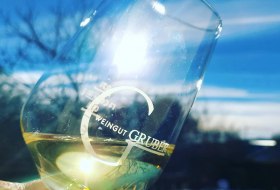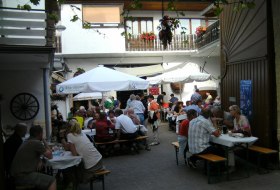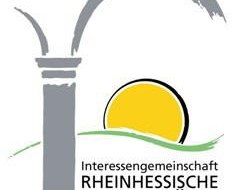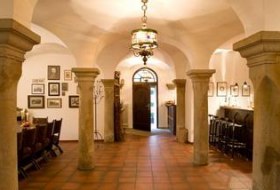Battenfeld-Spanier
Battenfeld Spanier is located in Hohen-Sülzen in the southern Wonnegau of Rheinhessen. There, the best vineyards are criss-crossed by mighty subterranean limestone beds, from which the vines can absorb the important nutrients with their roots during the warm summer months. It is this "lime buffer" that adds a tremendous amount of tension and vibration to the wines of Battenfeld-Spanier. For HO Spanier, the Riesling is like the ideal interpreter, who translates the extremely lime-rich soils of southern Wonnegaus into wine. And that is what interests him: the spectrum of aromas of the stones and the soil, located beyond the perishable fruit. Dancing minerals. Saline origin character. Feuerstein.
The languages spoken in the winery are German, English and French

















